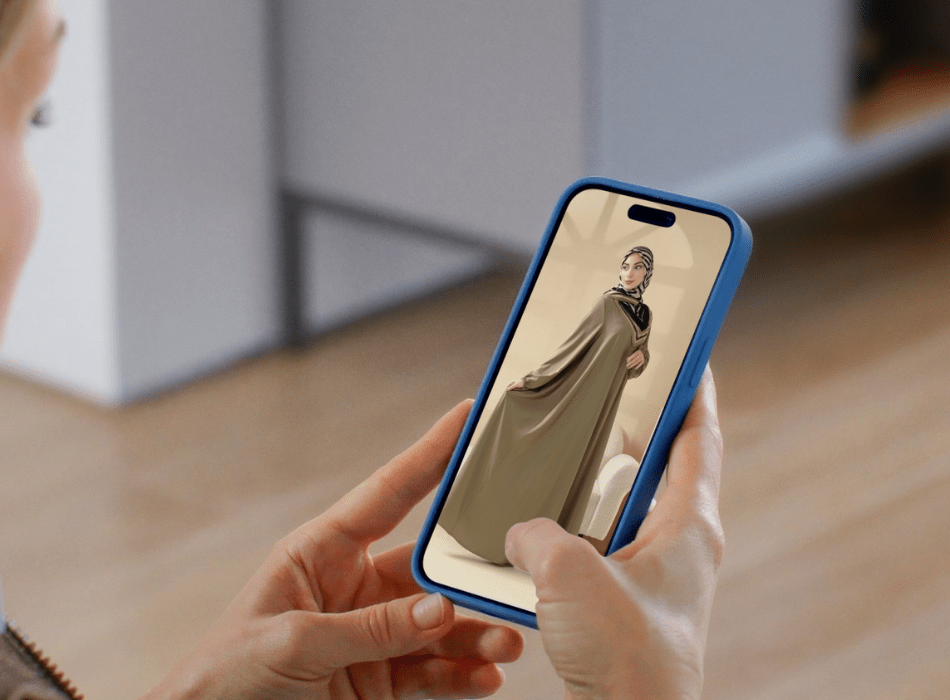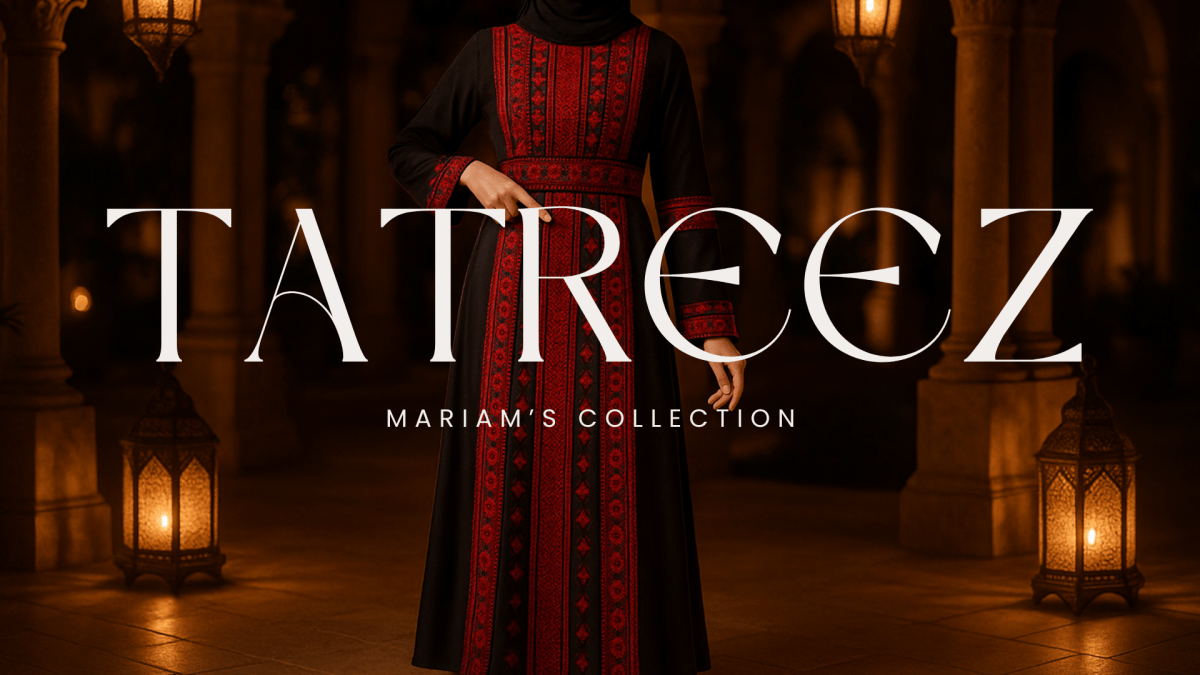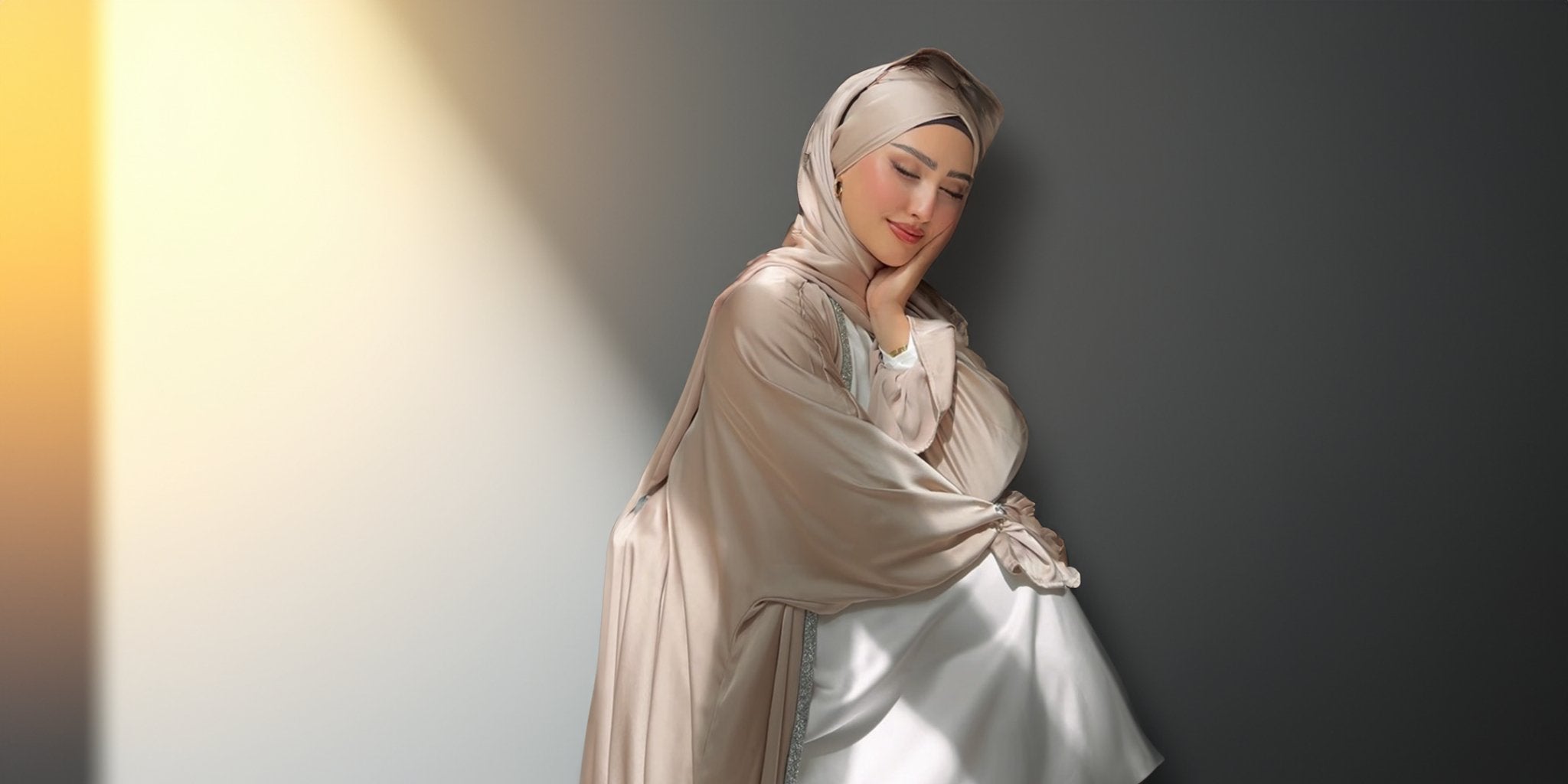In 2025, the modest fashion industry is undergoing a profound transformation—one rooted not only in style but in purpose. Muslim consumers around the world are increasingly seeking out clothing that reflects not just their faith, but their values. Ethical modest fashion is no longer a niche; it’s a movement—and it’s reshaping the future of how clothing is made, bought, and worn.
This shift speaks to the heart of what modest fashion represents: dignity, integrity, and intention. For today’s Muslim women, it’s not enough for clothing to cover—they want it to align with their principles. They want garments that are ethically produced, environmentally responsible, and representative of their cultural identity. And they are ready to support brands that deliver on these expectations.
So, what exactly is driving this change—and what do Muslim shoppers really want in 2025? Let’s explore.
Sustainable Abayas 2025: A New Standard of Elegance
One of the standout developments in 2025 is the growing demand for sustainable abayas—a demand that is both aesthetic and ethical. These are abayas crafted with precision using low-impact or recycled fabrics, reduced-dye production methods, and stitching techniques designed to endure everyday wear. But sustainable doesn’t mean sacrificing elegance. On the contrary, abayas in this category are becoming the new benchmark for style in modest fashion.

Gone are the days when sustainable clothing meant plain, shapeless pieces. In 2025, sustainable abayas are sophisticated, elegant, and thoughtfully designed. Brands are pushing creative boundaries by merging eco-consciousness with luxurious design, offering Muslim women clothing that reflects both their faith and their ethics.
Today’s modest shoppers expect more from their wardrobes. Muslim women are moving away from mass-produced fast fashion abayas that wrinkle after a few washes or quickly lose their shape. Instead, they are investing in high-quality pieces that offer longevity, comfort, and responsible production.
Key materials leading this shift in 2025 include:
-
Organic cotton blends: Breathable, soft, and grown without harmful pesticides.
-
Tencel and bamboo viscose: Sourced from renewable wood pulp, these fabrics offer a silky texture and biodegradability.
-
Recycled polyester: Made from repurposed plastic bottles, reducing waste and carbon footprint.
-
Plant-dyed crepe fabrics: Dyed using natural materials like turmeric, indigo, and pomegranate peels to limit chemical runoff.
Some brands are at the forefront of this movement. Their new capsule range of sustainable abayas reflects a commitment to doing fashion differently. These pieces are produced using methods that use 40% less water and energy compared to conventional production. The designs feature minimalist elegance—fluid silhouettes, soft pleating, subtle embellishments—that appeal to the modern woman who wants to look good and feel good about her purchase.
Each piece in this eco-conscious collection is crafted in small batches to limit waste, maintain ethical oversight, and ensure high-quality finishes. Local artisans are often involved, not only preserving craftsmanship but supporting communities as well. Even the packaging is considered—made from recycled materials, kept minimal, and 100% recyclable.
This growing trend proves that sustainability is not just a preference; it’s becoming a non-negotiable standard. For Muslim women in 2025, wearing a sustainable abaya isn’t just a style choice—it’s a statement of values.
It represents a broader shift in how fashion is consumed: one that values dignity over demand, quality over quantity, and intention over impulse. And that shift is here to stay.
The Rise of Ethical Modest Fashion Brands
Ethical fashion is more than just a buzzword—it’s about the people, practices, and principles behind every garment. And Muslim shoppers in 2025 are becoming increasingly aware of this. They’re asking questions: Who made my clothes? Were they paid fairly? Were the materials sourced responsibly? Was the environment harmed in the process?
These questions are driving a sharp rise in ethical modest fashion brands—labels that prioritise transparency, fair labour practices, and responsible sourcing.
Take, for example, the rising demand for slow fashion practices within modestwear. Ethical brands are now focusing on smaller, more meaningful collections rather than chasing trends. This approach reduces waste and puts quality front and centre. It’s a welcome change from the high-speed, mass-production cycles of mainstream fashion.

In 2025, more brands are choosing to work with family-run ateliers, artisan cooperatives, and fair-wage manufacturing units—many of which are based in regions where Islamic values are deeply rooted. These ethical production models don’t just improve working conditions; they also result in garments with soul—pieces that tell a story of intention and care.
Consumers are also demanding certifications and clarity. Whether it’s GOTS-certified organic fabrics, OEKO-TEX dye standards, or simple documentation of where and how a garment was made, Muslim women want assurance that their purchase aligns with their ethics.
Some of the brands are answering that call. From sourcing eco-friendly fabrics to working with trusted ethical manufacturers, they are leading by example and setting a new standard for what it means to be truly “modest” in the full sense of the word—not just in cut and coverage, but in values and vision.
Muslim Women and Ethical Clothing Choices
There’s a quiet revolution happening in the wardrobes of Muslim women. Increasingly, modest consumers are using their purchasing power to support brands that reflect their ethical and spiritual beliefs. And that’s what sets 2025 apart.
Muslim women’s ethical clothing choices are influenced by a wide range of considerations:
-
Faith: Islam encourages justice, fairness, and kindness—not only in worship but in all dealings. Clothing made through exploitation or waste contradicts those values.
-
Environmental Responsibility: The Qur’an teaches us to avoid excess and to be stewards of the Earth. Sustainable fashion aligns with that stewardship.
-
Community Impact: Many Muslim women choose to support brands that give back to causes they care about—whether that’s education, refugee support, or women’s employment initiatives.
-
Cultural Authenticity: Rather than mimic trends from fast fashion giants, Muslim shoppers now seek garments that feel authentic to their culture and respectful of Islamic principles.
This mindset is reshaping the global modest fashion landscape. Women are willing to pay more for ethical fashion—not because of price, but because of purpose. This purchasing pattern isn't just a temporary trend. It’s part of a bigger, long-term cultural shift.
Looking Ahead: The Future of Ethical Modest Fashion
The ethical modest fashion movement isn’t slowing down. If anything, it’s just getting started. As we move through 2025 and beyond, we can expect to see further innovation in sustainable fabrics, more brands adopting fair trade principles, and a growing ecosystem of modestwear that honours both faith and ethics.
But beyond the materials and manufacturing, what’s most exciting is the mindset shift. Ethical fashion is encouraging Muslim women to be more intentional—not just in how they dress, but in how they live, give, and engage with the world. It’s a fashion movement rooted in purpose.
For brands, the message is clear: Muslim shoppers are informed, principled, and powerful. If you want their trust—and their loyalty—you must prove that your values run deeper than your marketing. You must walk the talk.
At Mariam’s Collection, we see ethical fashion as a spiritual duty. We’re not here to follow trends. We’re here to set a new standard for what modest fashion can be: beautiful, ethical, and unapologetically values-driven.
And for Muslim women around the world, that’s exactly what they’ve been waiting for.





